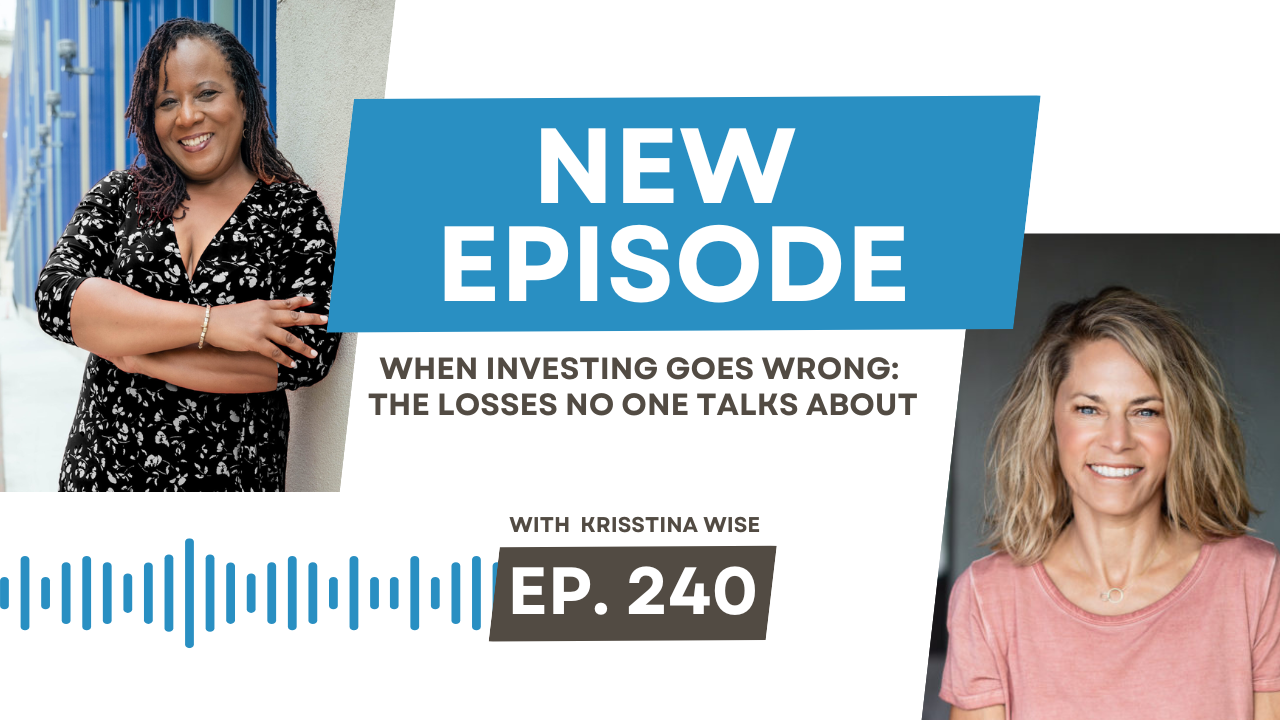“I have the audacity to believe that peoples everywhere can have 3 meals a day for their bodies, education, and culture for their minds, and dignity, equality and freedom for their spirits”, Martin Luther King, Jr.
In Washington, DC the Martin Luther King, Jr. Memorial is a 30-foot statue surrounded by his words engraved into the granite.
This particular quote struck me, especially the part about 3 meals a day, because of an article that I recently read about food as medicine and I am working in Tulsa, Oklahoma, on a food access project.
Many are aware of the lack of food and speak of hunger. While food will satisfy the empty feeling in one’s stomach, it takes particular food to be healthier and prevent certain diseases.
In many parts of the US, we are finally recognizing food as an integral part of health and providing food prescriptions.
Food deserts can be described as geographic areas where residents’ access to affordable, healthy food options (especially fresh fruits and vegetables) is restricted or nonexistent due to the absence of a grocery store within convenient traveling distance.
In the US, 23.5 million people or roughly 7% of the population live in a food desert. All of North Tulsa is considered a food desert. The life expectancy of residents in North Tulsa has been shown to be 11 years less than the life expectancy of those in South Tulsa where grocery stores are numerous and the average income is significantly higher.
We know that the US has an epidemic of obesity which brings with it diabetes and hypertension. All considered chronic conditions that increase the cost of medical care in this country.
It has been shown that improving nutrition, increasing the number of fresh fruits and vegetables consumed, will improve diabetes control, better than some medications.
Health professionals have drawn a connection between neighborhoods with limited access to high-quality produce and those that had higher-than-average numbers of life-threatening COVID-19 cases.
Healthy diets are known to strengthen the body’s immune response, and the immune system needs more energy when it’s actively battling an illness or infection.
A recent study from University of Southampton, found that vitamin A (which carrots and sweet potatoes provide) and zinc (from broccoli and spinach, among other vegetables) are the most essential nutrients for successfully fighting off infection.
Produce prescription programs (PPP’s) are designed to serve patients with chronic health issues including hypertension, diabetes, and obesity, allowing them to access healthy foods at a subsidized price. We are piloting a PPP program in North Tulsa with 50 patients to start.
In addition to bringing the fresh food pharmacy concept to the area, our project has three grocery stores in food deserts and a 260,000 square foot indoor controlled farm that will create nearly 300 jobs. Thereby bringing economic growth to the area.
This project will help with two of the largest barriers to having a long-term healthy lifestyle; the financial constraints and a lack of access to fruits and vegetables, according to a study from the Centers for Disease Control (CDC).
We will also introduce internships and STEM programming in an effort to increase awareness of this “new” farming as a possible career choice.
Imagine the ripple effects that this project can bring. We desire to have a significant social impact, not only on the city of Tulsa, but much more far reaching.
For investors, this project combines real estate and businesses in opportunity zones, a projected return on investment of 15-20% and the ability to impact the lives of so many people. The ripple effect cannot be measured.
If you are ready to give your money a mission, schedule a call. Let’s talk, there are projects underway that could use you to help make a greater impact.

There are REAL opportunities available to give your money a mission. Start this discovery by telling us more about you here>> and we’ll get you connected to projects and help you start building resilient wealth.
For the latest updates on COVID-19, visit www.cdc.gov.







